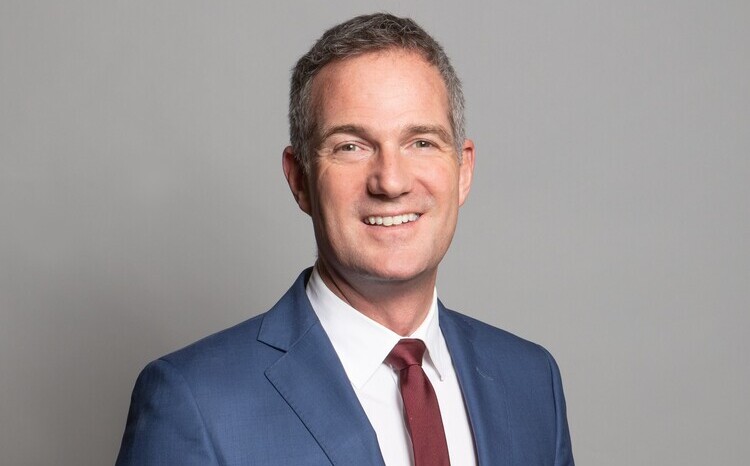Science and technology secretary Peter Kyle has announced the launch of a new regulatory office to support the safe deployment of AI innovations in the healthcare sector.
The Regulatory Innovation Office (RIO) aims to streamline regulations and reduce red tape for businesses looking to introduce new products and services, fostering faster market entry and economic growth.
According to a press release from the Department for Science, Innovation and Technology (DSIT) on October 8, 2024, the RIO will assist regulators in updating regulations, expediting approvals, and promoting collaboration among different regulatory bodies.
Initially focusing on AI and digital technology in healthcare, connected and autonomous technology, engineering biology, and space, the RIO will collaborate with the Department of Health and Social Care to facilitate the safe implementation of AI innovations like training software for surgeons.
Applications are now open for the inaugural chair of the RIO, who will lead efforts to support businesses and promote safe innovation by shaping a regulatory environment conducive to future advancements.
Operating under DSIT, the RIO will merge the functions of the Regulatory Horizons Council and the Regulators’ Pioneer Fund to enhance regulatory efficiency and remove obstacles hindering innovation.
In response to the Regulatory Horizon Council’s report on quantum technologies, the government has outlined its approach to regulating quantum innovations, crucial for sectors from healthcare to national security.
With £100 million allocated to research hubs for quantum technologies in healthcare and cybersecurity, efforts are underway to develop advancements like quantum-enhanced blood tests and faster MRI scanners.
Additionally, the Medicines and Healthcare products Regulatory Agency has launched AI Airlock, a regulatory sandbox addressing challenges in regulating AI-based medical devices.






